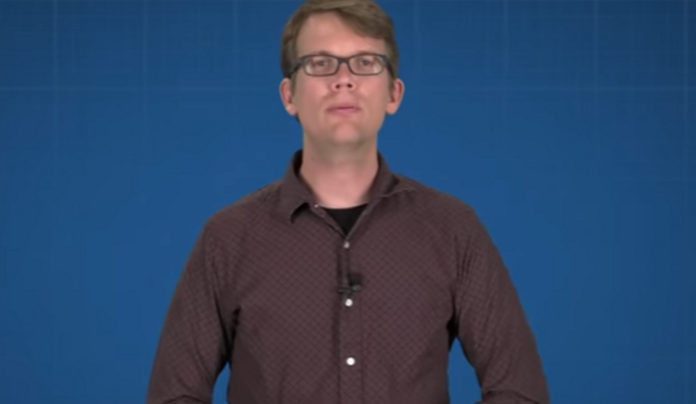We often look at carbon dioxide and other greenhouse gases as the primary threat to marine life, but there is another pollution issue that must be addressed: plastic. There are millions of tons of garbage in our oceans right now. A majority of this trash just happens to be made of plastic.
This means the most effective solutions to marine pollution involve the number of plastic products that we use on a daily basis. Here are some of the most effective ways we can limit plastic consumption.
1. Stop using disposable plastic products.
The number of plastics we use every day is enormous. From coffee cup lids to disposable silverware to grocery bags, these items can all be replaced with reusable items that contain no plastic. Bring your own mug to your favorite coffee shop. Use reusable shopping bags. Take real silverware to your picnic.
2. Stop purchasing bottled water unless it is an emergency.
More than 20 billion plastic bottles are believed to be thrown away every year, with many of them never entering a recycling program. Bring a reusable water bottle with you and consider adding a filter to one of your home faucets to give yourself water that tastes just as good as the bottled option.
3. Stop using microbeads.
Microbeads have been legislated out of most products, but these laws won’t be implemented until 2018 or later. These tiny beads get through wastewater treatment facilities and are ingested by marine life. This causes plastics to enter our food chain through our own activities, creating a cycle of pollution that can directly affect our health.
4. Purchase second-hand whenever possible.
Plastic packaging is everywhere. It’s on food products, toys, electronics, and so much more. When was the last time you tried to recycle a plastic twisty-tie? Look for second-hand products whenever possible to limit the consumption of plastic that will just be thrown away.
5. Buy items in bulk.
Some products need to be put into plastic containers for our own safety. This may include product seals to guarantee the food, water, or medicine has not been tampered with in some way. In these instances, it can help to purchase items in bulk. Bulk plastics are usually accepted by recycling programs and it might even save you some cash too.
The solutions to marine pollution are complex, but we can take simple actions today to make a meaningful difference. In many instances, this process begins when we look at how much plastic we each use every day.
Crystal Lombardo is a contributing editor for Vision Launch. Crystal is a seasoned writer and researcher with over 10 years of experience. She has been an editor of three popular blogs that each have had over 500,000 monthly readers.


















